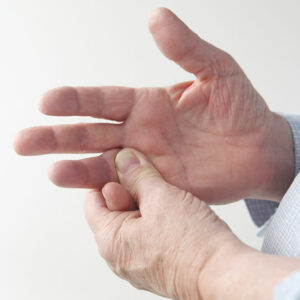6 foods that worsen atrial fibrillation

Atrial fibrillation is a health condition that causes irregular heartbeats. If left untreated, it can lead to serious health problems such as blood clots, heart failure, stroke, and other heart-related complications. What one eats plays a huge role in regulating their heart health. While leafy greens and nuts are beneficial for the heart, some foods can cause or worsen atrial fibrillation. This article discusses 6 foods that can worsen atrial fibrillation. Read on to learn more.
Beef and lamb
Healthcare experts unanimously advise clients to avoid red meat to keep their hearts healthy. Beef and lamb top the list when one talks about red meat-based foods. Beef and lamb, like other red meats, tend to contain higher amounts of saturated fats than most other meat-based foods. Saturated fats raise a person’s cholesterol levels, negatively affecting their blood circulation and increasing the risk of atrial fibrillation and other heart diseases. Instead of consuming beef or lamb, one can eat plant-based protein foods to keep one’s cholesterol levels in check.
Coffee
Caffeine is another food that is bad for cardiovascular health. Caffeine-filled foods such as coffee and tea stimulate the body but are equally capable of triggering atrial fibrillation. Caffeine tends to increase a person’s heart rate. This results in people developing conditions like arrhythmia or stroke in the long term.
Herbal tea or any food that does not contain caffeine can be good alternatives to coffee, tea, or other caffeine-heavy beverages.
Salt
Salty foods have been known to increase blood pressure. As a result, such foods increase a person’s chances of developing atrial fibrillation. Salt is indispensable to one’s meal plan due to its taste-making capabilities. Therefore, while it cannot be completely taken out of an individual’s daily meals, the American Heart Association recommends the consumption of no more than 1,500 milligrams of sodium (the main component of salt) per day if one has high blood pressure.
Potato chips
These chips contain not only large amounts of salt but also trans fats. Trans fats are directly linked with high blood pressure and other cardiovascular issues in individuals. Apart from potato chips, other foods like margarine, red meat, cheese, butter, certain cookies and crackers, doughnuts, and foods made with partially hydrogenated vegetable oils also contain a high percentage of trans fats.
Cakes and pastries
Sugar is another element that worsens heart conditions in people with other cardiovascular issues. High glucose levels, boosted further with high-sugar foods such as cakes, soda, pastries, and ice creams, can cause diabetes mellitus in the long run. When a person’s blood glucose levels rise, so does their risk of developing atrial fibrillation.
Grapefruit
Grapefruit contains several elements that can worsen arrhythmia. For instance, if people already take prescription-based products to address atrial fibrillation, grapefruit can instead aggravate the symptoms of this condition. Moreover, grapefruit has been known to interfere with its consumer’s heartbeat rhythms. Therefore, if one already has cardiovascular issues and complications, they must consult their healthcare expert before consuming grapefruit.
Additionally, one needs to seek a professional medical opinion before making drastic changes in their daily meals.



